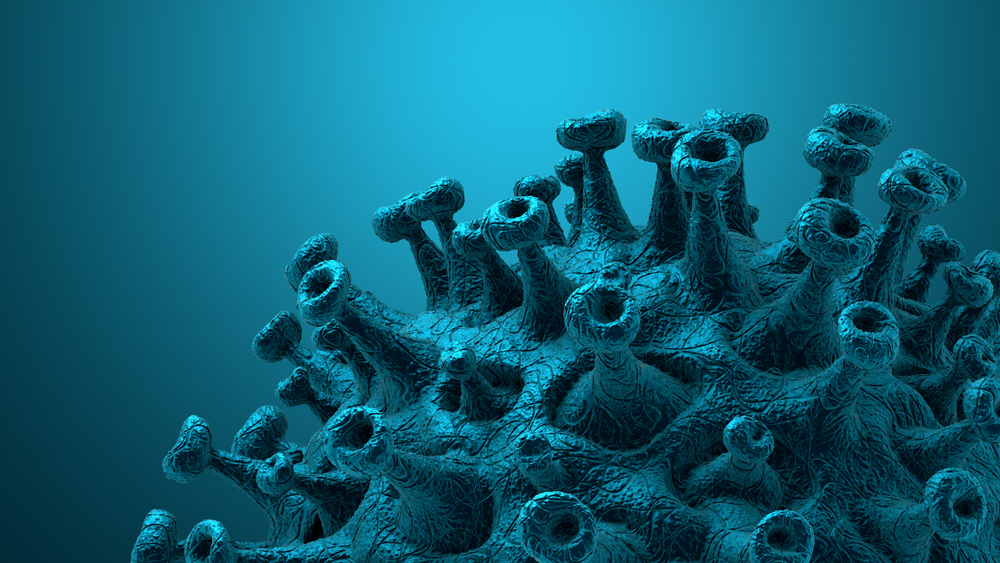
One of the major problems facing governments and healthcare professionals alike in dealing with the COVID-19 pandemic has been the undetected, asymptomatic cases throughout the world, but the National Institutes of Health (NIH) now aims to track the previously unnoticed.
A study to be conducted by the National Institute of Allergy and Infectious Diseases (NIAID) and the National Institute of Biomedical Imaging and Bioengineering (NIBIB), with support from the National Center for Advancing Translational Sciences (NCATS) and the National Cancer Institute (NCI), will seek to determine if as many as 10,000 volunteer adults never confirmed infected by SARS-CoV-2 — the virus that causes COVID-19 — have gained antibodies to the virus. This could be a means of identifying prior infections.
“This study will give us a clearer picture of the true magnitude of the COVID-19 pandemic in the United States by telling us how many people in different communities have been infected without knowing it because they had a very mild, undocumented illness or did not access testing while they were sick,” NIAID Director Anthony S. Fauci said. “These crucial data will help us measure the impact of our public health efforts now and guide our COVID-19 response moving forward.”
Volunteers for the serosurvey are already being gathered. From them, blood samples will be collected and analyzed for two types of SARS-CoV-2 antibodies to lend data to epidemiological models. Samples with a positive test result for antibodies will indicate previous infection, going a bit beyond the traditional, molecular testing of COVID-19 cases, which rely on noninvasive cotton swabs collections. Those are useful for active infection, but tell nothing of whether someone was previously infected and recovered.
“An antibody test is looking back into the immune system’s history with a rearview mirror,” said Dr. Matthew Memoli, principal investigator of the study and director of NIAID’s Laboratory of Infectious Diseases Clinical Studies Unit. “By analyzing an individual’s blood, we can determine if that person has encountered SARS-CoV-2 previously.”
If samples are found to contain antibodies, researchers may undertake additional tests to evaluate volunteers’ immune responses to the virus. This, in turn, could lend insights as to why their cases were less severe than others who have had to be hospitalized.




